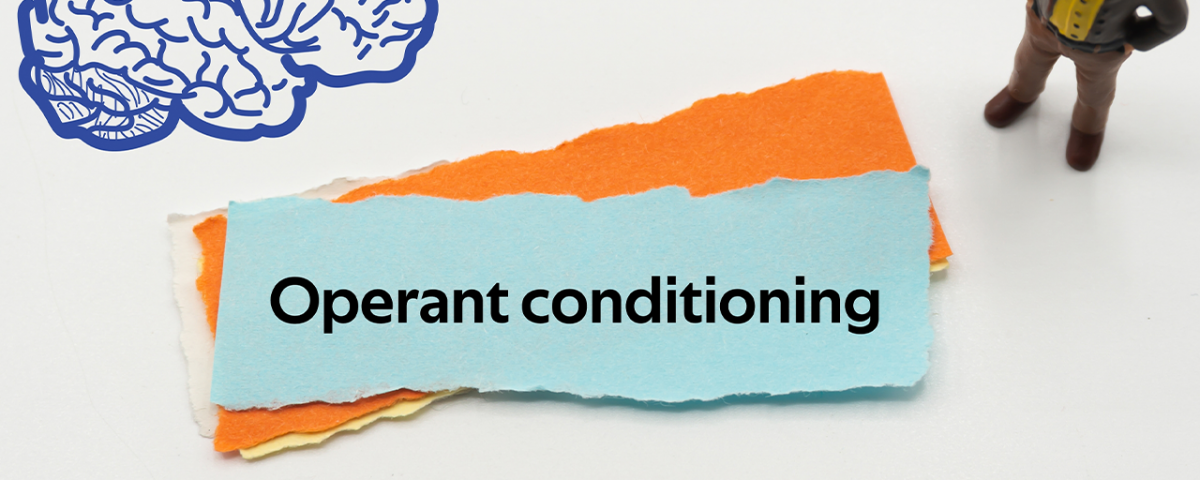What is operant conditioning, and how is it associated with addiction? Operant conditioning is also called instrumental conditioning, and it’s an established learning process that involves reinforcement and punishment. The idea is for people to understand that the consequences of an action can influence future behavior and character. The method includes positive and negative reinforcement, and when it comes to operant conditioning and addiction, this approach is most undoubtedly practical for understanding behavior.
How Does Operant Conditioning Help Explain Drug Addiction?
Operant conditioning acknowledges that drugs produce pleasure and therefore cause users to continue misuse. Drugs activate the brain reward system or dopamine which tells the brain that the substance is causing a positive impact. Users will become hooked on relieving pain or feelings such as anxiety and stress.
The method of the conditioning is meant so negative and positive reinforcement can team up or tag team during self-reflection. Operant conditioning takes place after every use of the drug since tolerance is forming. For an addict to overcome tolerance, a higher and more frequent dose is necessary.
Physical dependence happens in the brain and body. Withdrawal symptoms are experienced soon after a user consumes what is left of the drugs. Negative symptoms create negative reinforcement. The method is to assess the behavior during this cause-and-effect period and determine the reward and punishment system.
What Are the Main Principles of Operant Conditioning?
Operant conditioning includes principles since it’s a type of learning and observing of addiction behavior, depending upon positive and negative consequences that follow particular actions like substance abuse. Understanding the method may help addicts who are in denial or need to break specific patterns.
Principles of operant conditioning include:
- The central concept is reinforcement, which includes the primary and conditioned reinforcers.
- The focus is on punishment. Make sure that certain behaviors are not repeated by the use of positive or negative reinforcement.
- Shaping means learning complex behaviors that are close to or meet the primary goal or desired behavior.
Addiction and operant conditioning go hand in hand, and the application process is crucial for the method to expand and work. Behavior shaping includes schedules and behavior modification methods. Typically, the behaviors are determined to be respondent or operant behaviors and tend to use classical conditioning.
Learn More About Operant Conditioning & Addiction at Banyan Chicago
From prescription pill addiction treatment to alcohol or opiate treatment, our Chicago addiction treatment center has you covered. We offer unique therapeutic methods like cognitive behavioral therapy and art therapy for individuals to break away from patterns and learn to express themselves positively. Our team of experts is prepared to guide you through a medically monitored drug detox while staying at a secure location.
We offer a special Faith in Recovery program for those who desire to reconnect spiritually as well as mentally and physically during the recovery process. Speak to a specialist at Banyan Treatment Centers Chicago by calling 888-280-4763 and asking about our residential rehab program to get started today!
Related Readings:
Accountability in Recovery: Helpful Tips & Why It’s Important









